Beyond XCEPT: Lessons, Legacies, and the Road Ahead
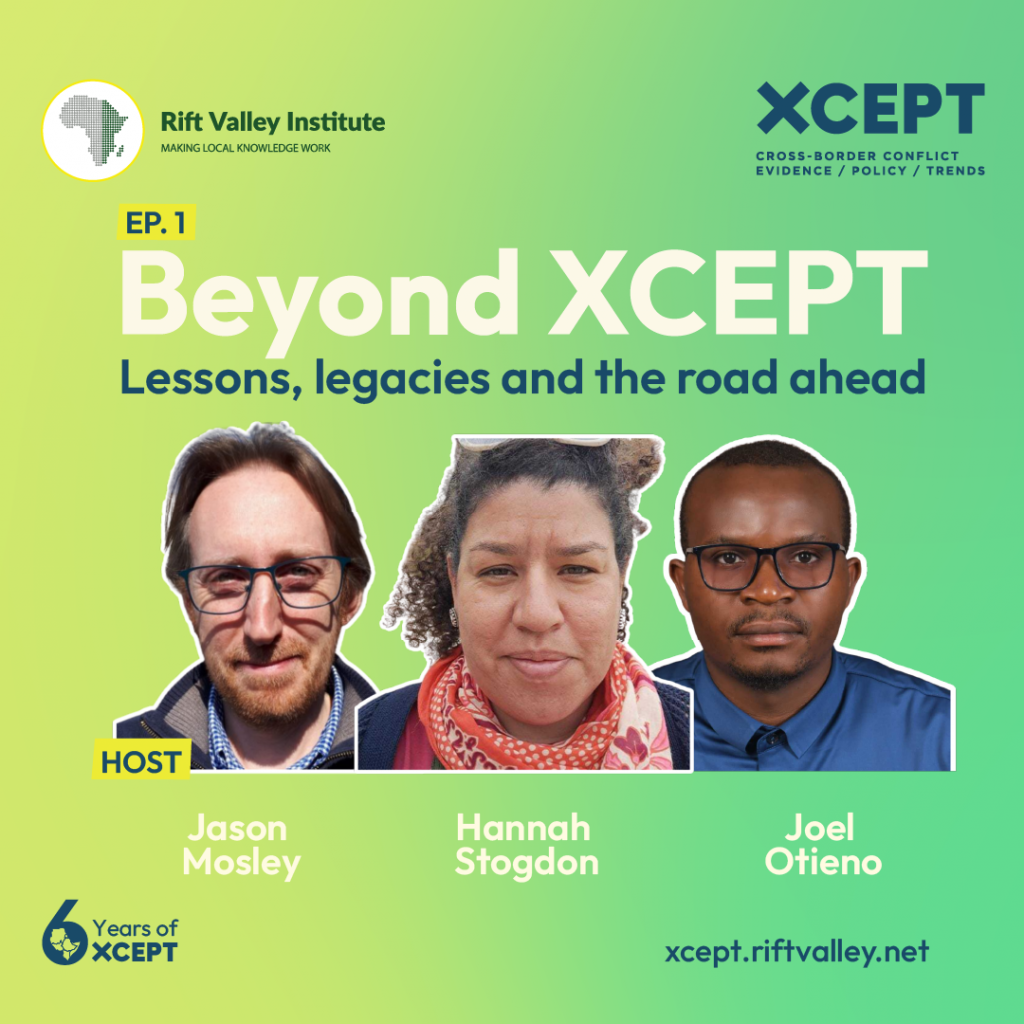
Episode 1 – Beyond Series | Rift Valley Radio What have we learned from six years of cross-border research on conflict, governance, and resilience in the Horn of Africa? In the opening episode of the Beyond Series, Rift Valley Institute’s Jason Mosley speaks with Hannah Stogdon and Joel Odiwuor Otieno about the legacy of the […]
Nisar Majid | XCEPT
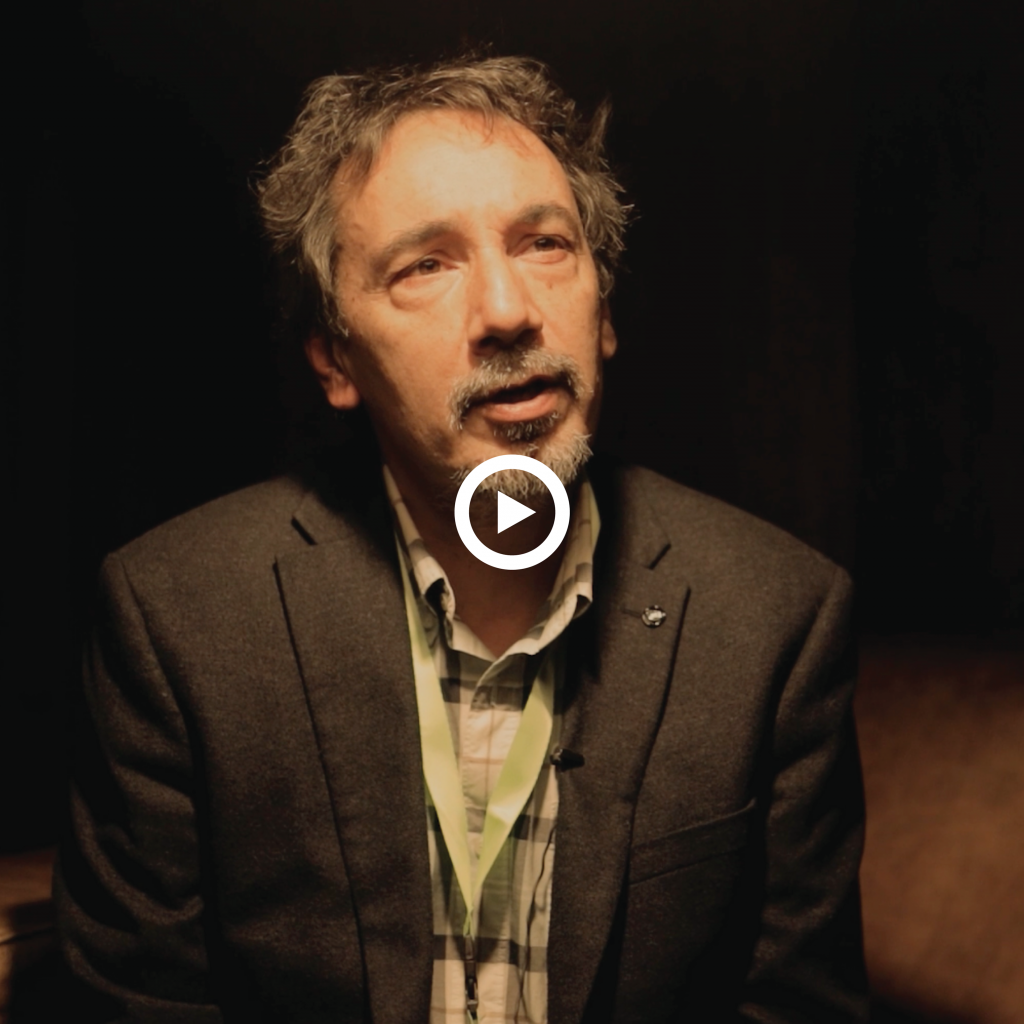
In this video, Dr Nisar Majid – Senior Researcher at the London School of Economics and Political Science (LSE) and Fellow at the Rift Valley Institute (RVI) – shares reflections on the importance of long-term research in often-overlooked cross-border regions. He discusses the need to go beyond problem-focused narratives by highlighting how people live their […]
Sahra Koshin | XCEPT
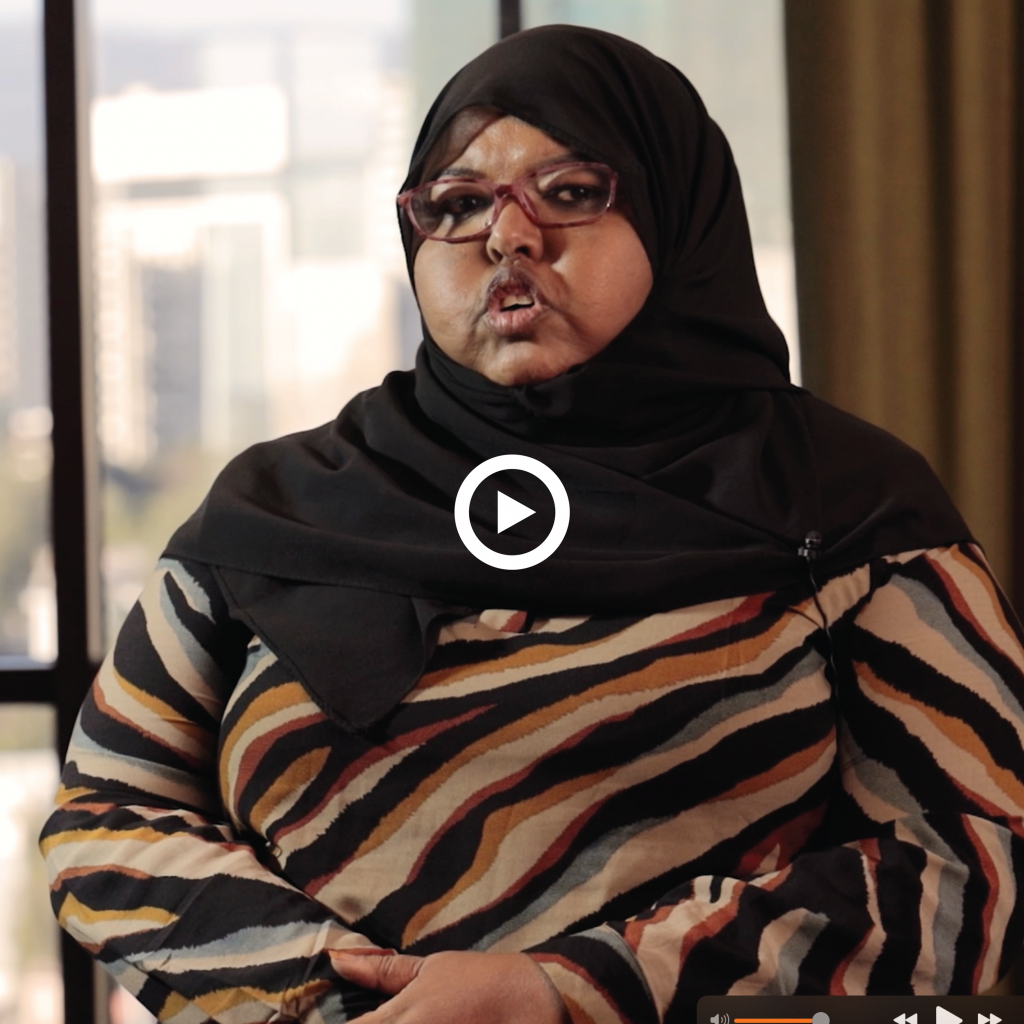
In this interview, Sahra Koshin shares her insights on the XCEPT project and its impact. She highlights the importance of bringing together researchers and policymakers to engage in meaningful discussions on key issues. Sahra also emphasizes the value of regional representation in the project ensuring that local perspectives are included in the conversation. She discusses […]
Joel Otieno | XCEPT
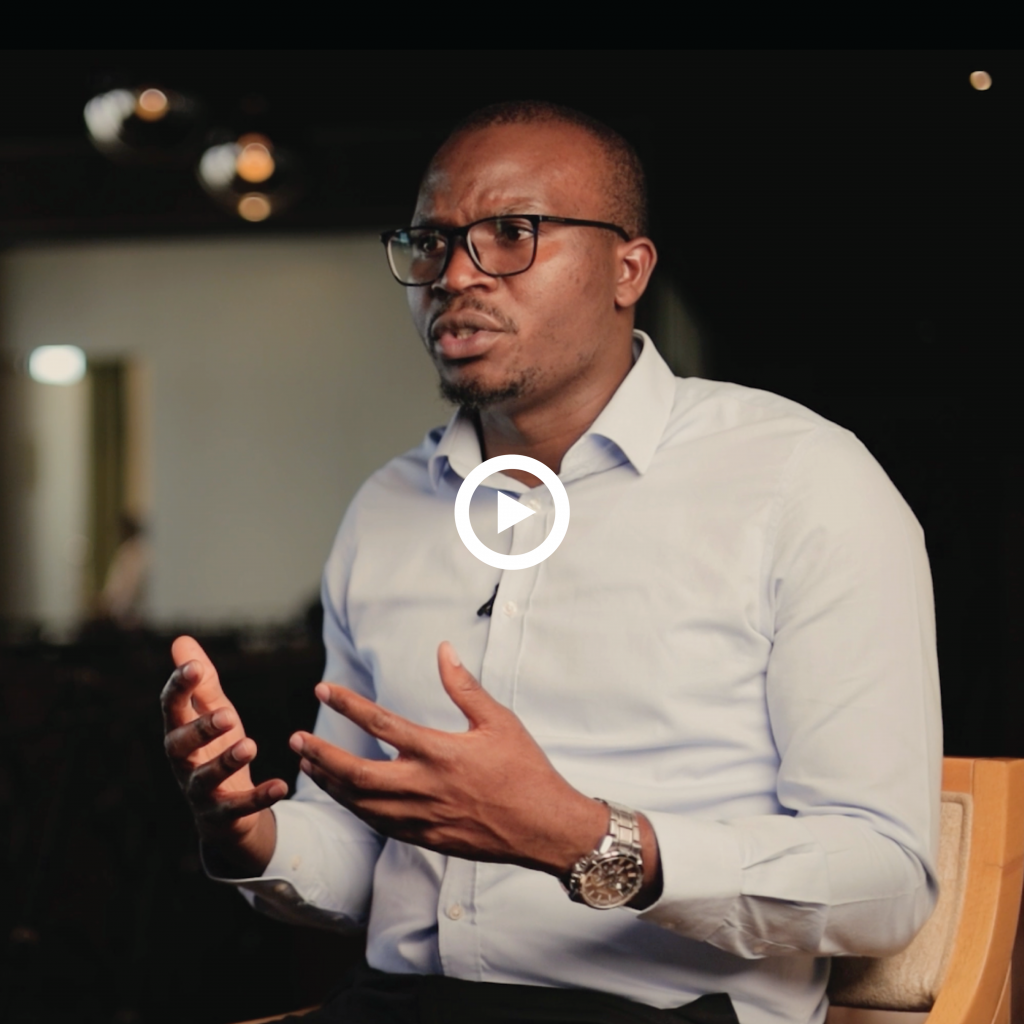
In this video, Joel Otieno, Programme Manager for the XCEPT project at the Rift Valley Institute, reflects on the importance of creating spaces for dialogue, reflection and collaboration around cross-border conflict in the Horn of Africa. He highlights how the recent workshop brought together a wide range of stakeholders – from policymakers to practitioners – […]
Wintana Alemseged | XCEPT
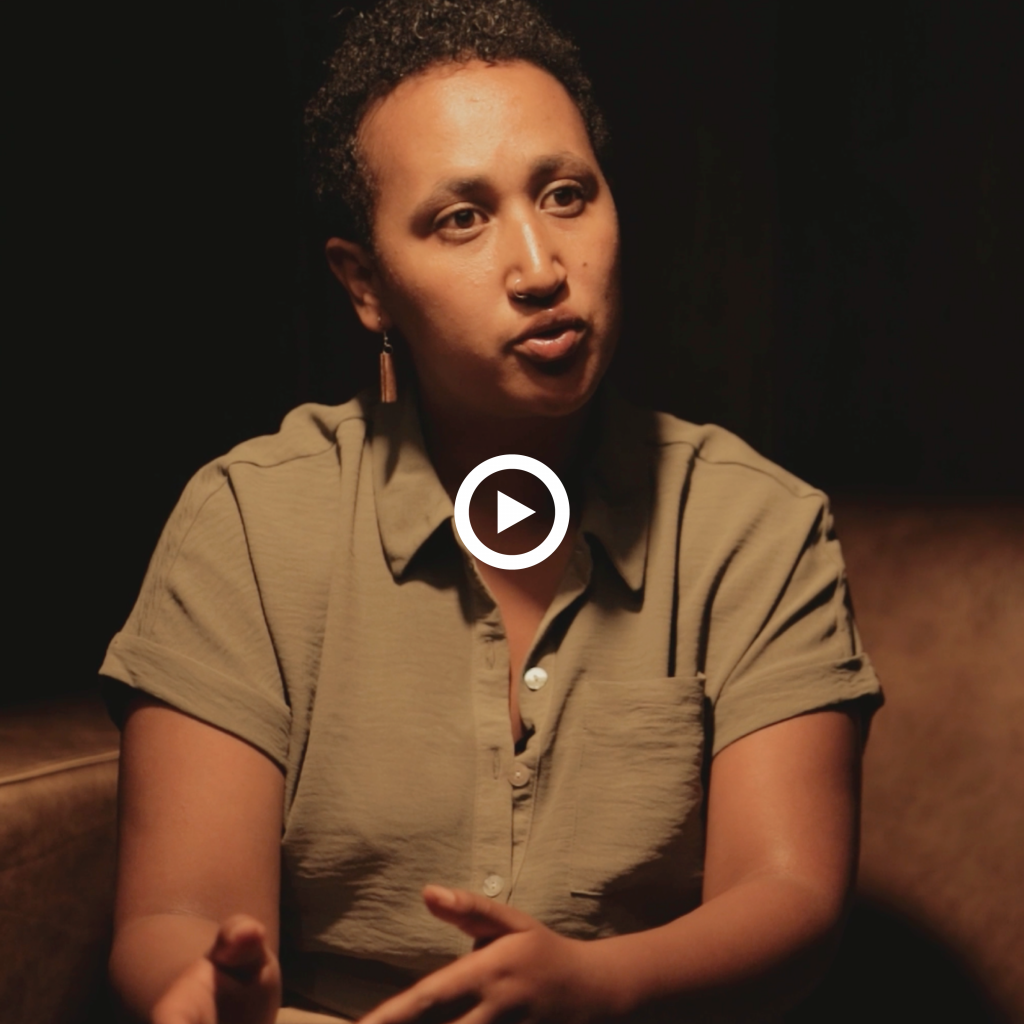
In this video, Wintana Alemseged, Senior Political Adviser at the Foreign, Commonwealth & Development Office (FCDO), shares reflections on the development of the XCEPT programme in the Horn of Africa. She discusses how the workshop surfaced both existing insights and a significant new idea – expanding the programme to include interstate boundaries. While XCEPT has […]
Thinking about Borderlands: Observations and implications from XCEPT programme research
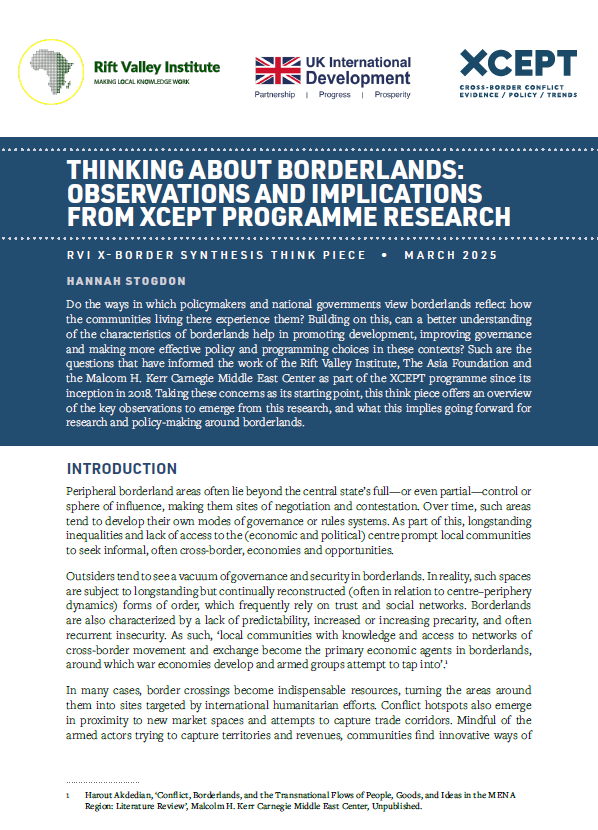
Do the ways in which policymakers and national governments view borderlands reflect how the communities living there experience them? Building on this, can a better understanding of the characteristics of borderlands help in promoting development, improving governance and making more effective policy and programming choices in these contexts? Such are the questions that have informed […]
Digital Governance and Security in the Horn of Africa
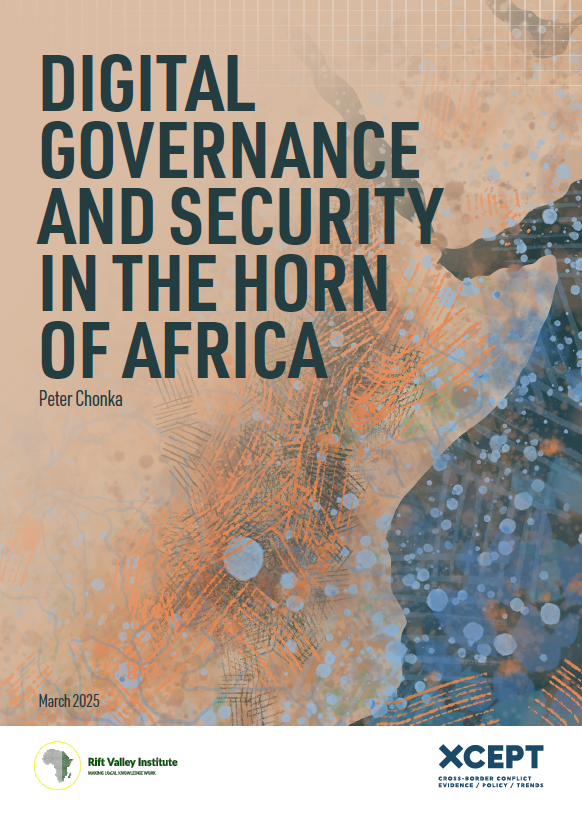
While digital finance—including mobile money—has developed unevenly across Somalia, Ethiopia and Kenya, such technologies are nevertheless transforming everyday economic activities. In some cases, borderlands and cross-border financial flows are central to these digital developments and are driving further innovation. From the perspective of states affected by institutional weakness and/or security threats, digital financial technologies represent […]
Legally Informal: Women, conflict and cross-border trade in the Mandera tri-border area
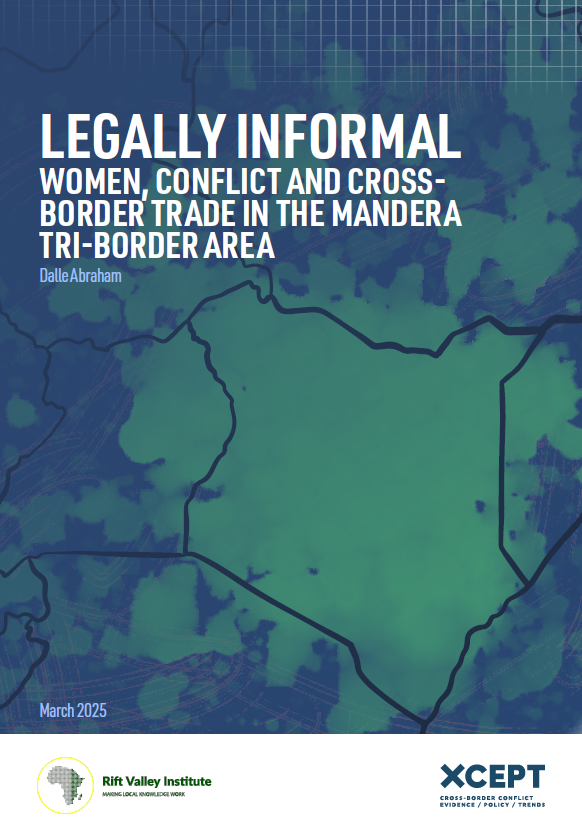
In the Mandera triangle—a pastoralist region encompassing the point at which the borders of Kenya, Ethiopia and Somalia meet—the reality of local and cross-border trade often diverges widely from official state policies of control. This disjunction has created a grey zone in which policy contradictions form an integral part of the regulatory environment. With this […]
Making Sense of Borderlands
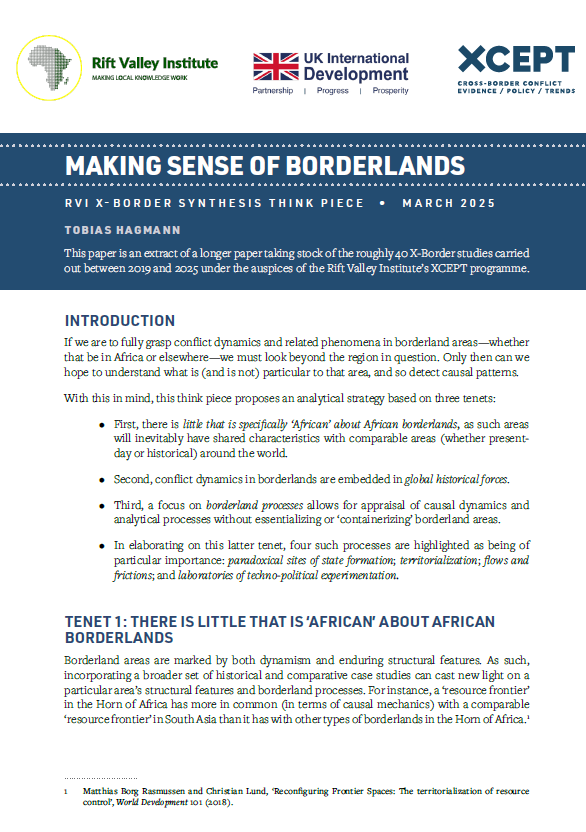
This think piece is an extract of a longer paper taking stock of the roughly 40 X-Border studies carried out between 2019 and 2025 under the auspices of the Rift Valley Institute’s XCEPT programme. If we are to fully grasp conflict dynamics and related phenomena in borderland areas—whether that be in Africa or elsewhere—we must […]
Ethiopia’s Red Sea Politics: Corridors, ports and security in the Horn of Africa
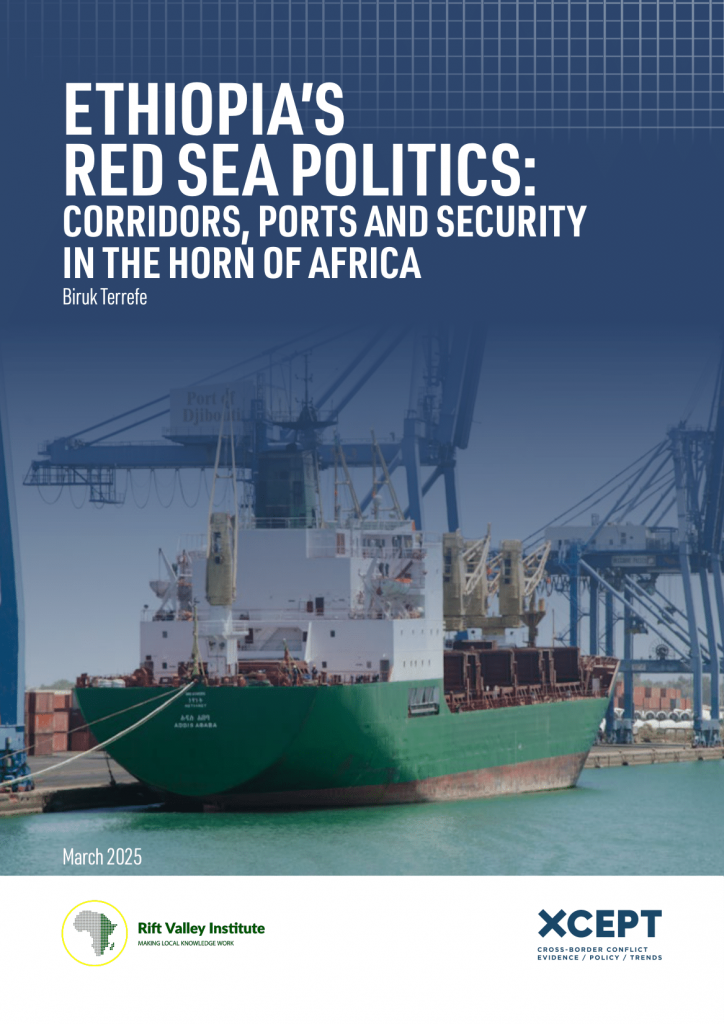
The Horn of Africa is a region marked by complex infrastructural interdependencies, where the decline and emergence of trade corridors continue to reshape the economic and political relations within and between states. This study draws on the Memorandum of Understanding (MoU) signed in January 2024 granting Ethiopia access to the sea in exchange for recognition […]
